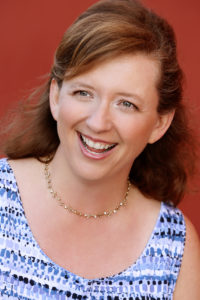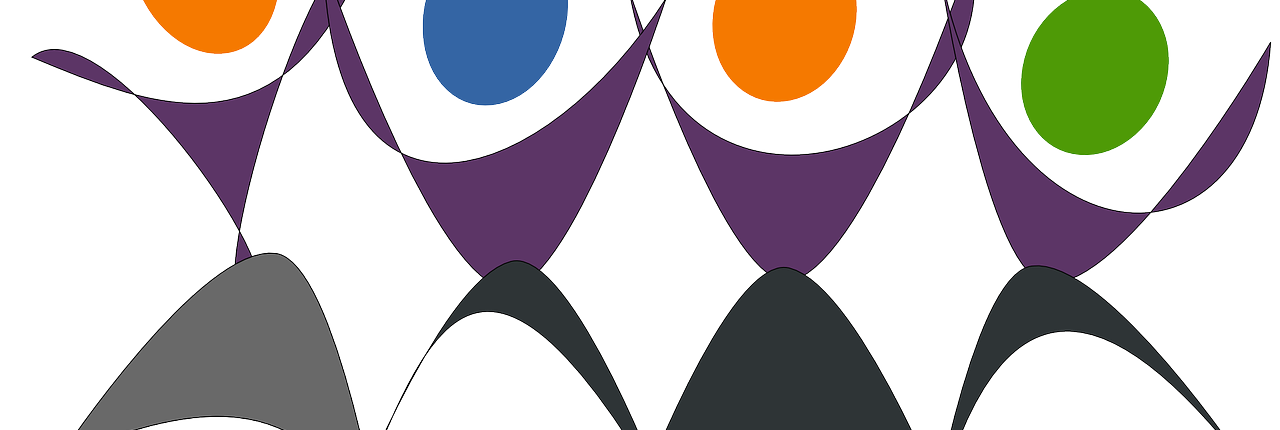
Oneness
Union and unity
or, at least the potential of it
exists
within ourselves
and with and among each other
and with the Divine.
We are more alike than we are different.
We are all made of the same ‘stuff,’ the same stuff as the stuff of the earth and the stars.
As we hear spoken at Mass on Ash Wednesday, from the Old Testament:
From dust we came and to dust we shall return. (Genesis 3:19)
And, as set forth in the New Testament, we are reminded that:
A house divided against itself cannot stand. (Mark 3:25)
Also, as Americans we’ve often heard repeated this pre-revolutionary war era rallying cry:
United we stand; divided we fall. (“The Liberty Song,” by John Dickinson (1768))
Each of us has this one life to live – staying true to ourselves and our convictions, and with our own sense of right and wrong – while also living as members of our increasingly globalized society.
So, why do we so often seem to be hell-bent on finding ways to emphasize our differences in such a way that, rather than uplifting each other, threatens to cut each other down, and keep us separated? Why must we do so in ways that are disrespectful and even dare I say dehumanizing?
To do so, is to forget an important spiritual principle, as so eloquently set forth in Yogi Bhajan’s First Sutra of the Aquarian Age:
Recognize that the other person is you.
I have this sutra, included in the list of all five sutras, posted on a wall right next to my bathroom mirror. It reminds me of the mirror, if you will, that each of us is of each other and for each other. (For more on this First Sutra, go here.)
How We Express Ourselves To One Another
On social media, I find it challenging. I may not always, and may not ever, truly get it ‘right.’ I do approach it with the intention, however, of striking some sort of proportionate distribution among: raising awareness and shining a light on issues that matter to me in this world, and doing so without inflicting harm, shame or blame on another – especially on anyone in the private sphere. Elected and appointed officials, in my opinion, are subject to a bit more scrutiny, although there too I do my best to raise awareness, clarify facts, and share my point of view in a way that’s not focused on shaming the person on a purely personal level.
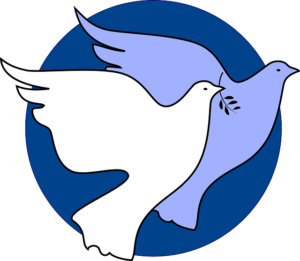 For the most part, I look for examples of what I’d like to “see more of” in the world. By contrast, I suppose that in so doing, I’m also pointing out what I’d like to see “less of” in the world – and yet, why give extra mileage to those things, is my thinking? Haven’t those negative things already gained more than enough traction?
For the most part, I look for examples of what I’d like to “see more of” in the world. By contrast, I suppose that in so doing, I’m also pointing out what I’d like to see “less of” in the world – and yet, why give extra mileage to those things, is my thinking? Haven’t those negative things already gained more than enough traction?
Sometimes, by design, I take a moment to reflect, and refrain from posting anything at all. It’s not that I don’t care. Sometimes, I feel maybe I care too much? Is there such a thing as caring too much? I don’t know, really. I do know that often there is much more to be learned from listening than from telling, and certainly more to be gained by showing compassion rather than by “making a point” in a way that’s browbeating and berating to another.
As I write this, I’m reminded of the proverb: There but for the grace of God, go I.
We never fully know what another person’s experience or conditions may be. We can only hope to heed even but the briefest moments and garner but the slightest glimpses of understanding. What would we do if we were in their particular situation or living within their particular circumstances? What if the roles were reversed? I am not suggesting that I have it all figured out. I do know, though, that at least I’m trying to be conscientious and expressing myself with a certain level of decency while also maintaining my sense of advocacy on behalf of those values and ideals I hold most dearly. It’s an ongoing, day-by-day, invocation.
For your consideration:
With friends, colleagues, and even strangers, can we aim to be more compassionate, and less quick to dehumanize? Have social media “won” the game — in terms of reducing us to online bullies and to showing up as web-based wielding knife-throwers? Can we change the rules of the game? I say we can.
Are we up for raising the level of discourse? I’m game! Are you in?
Okay, your turn:
Where do you feel we’ve gone astray with regard to how we treat one another, and why? How can we improve our discourse? From a loving place, and not from a place of vindictiveness, harshness, or shame or blame, are there any examples you’d like to share?
I invite you to SHARE your thoughts, feelings, and experiences by leaving a Reply in the Comments section, below. Soul-to-soul!
© 2018 Lori A. Noonan. All Rights Reserved.
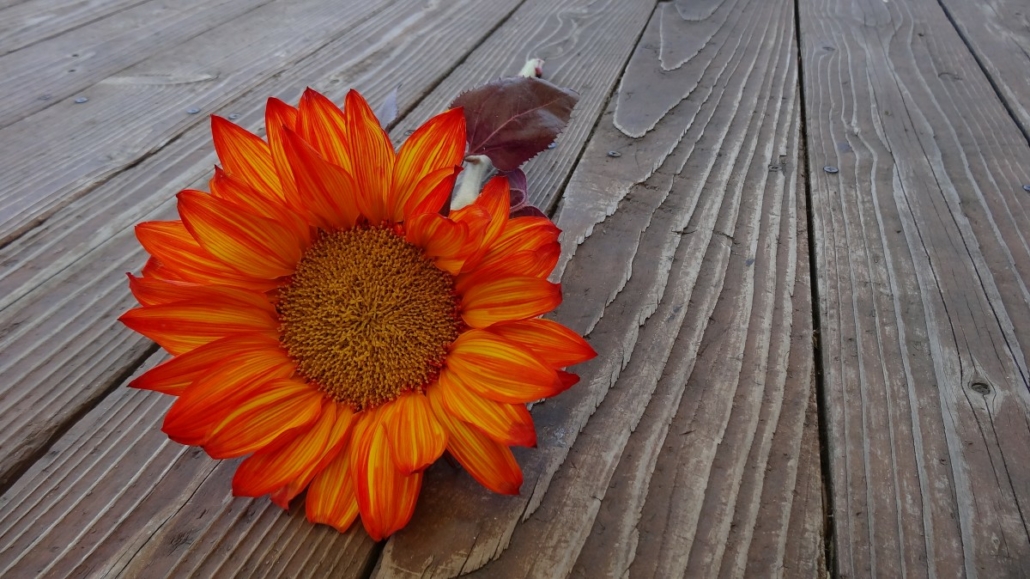
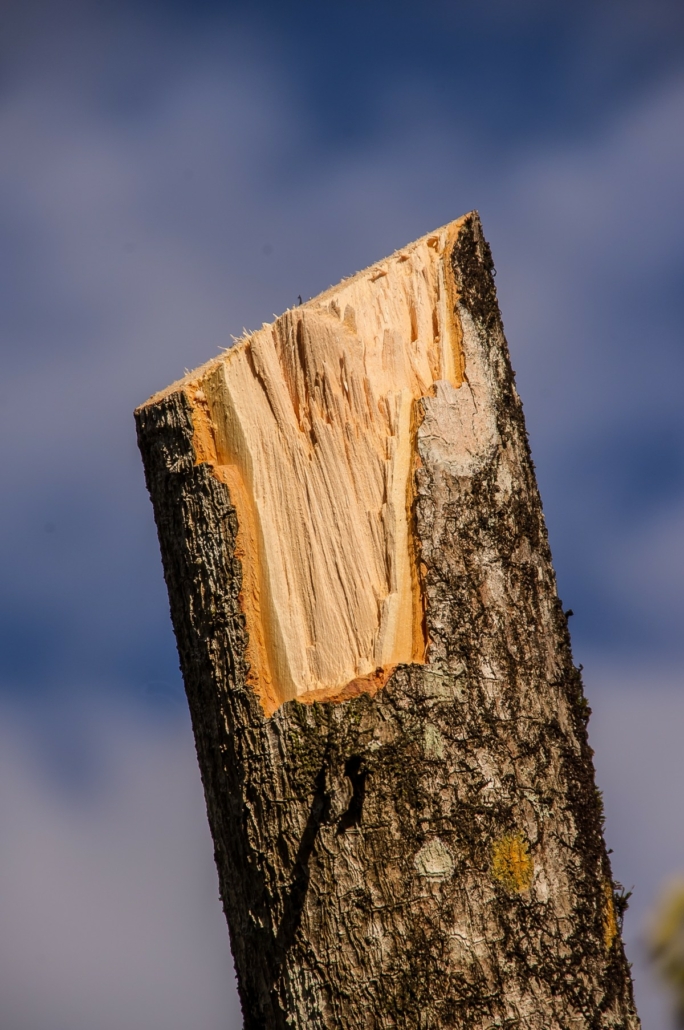




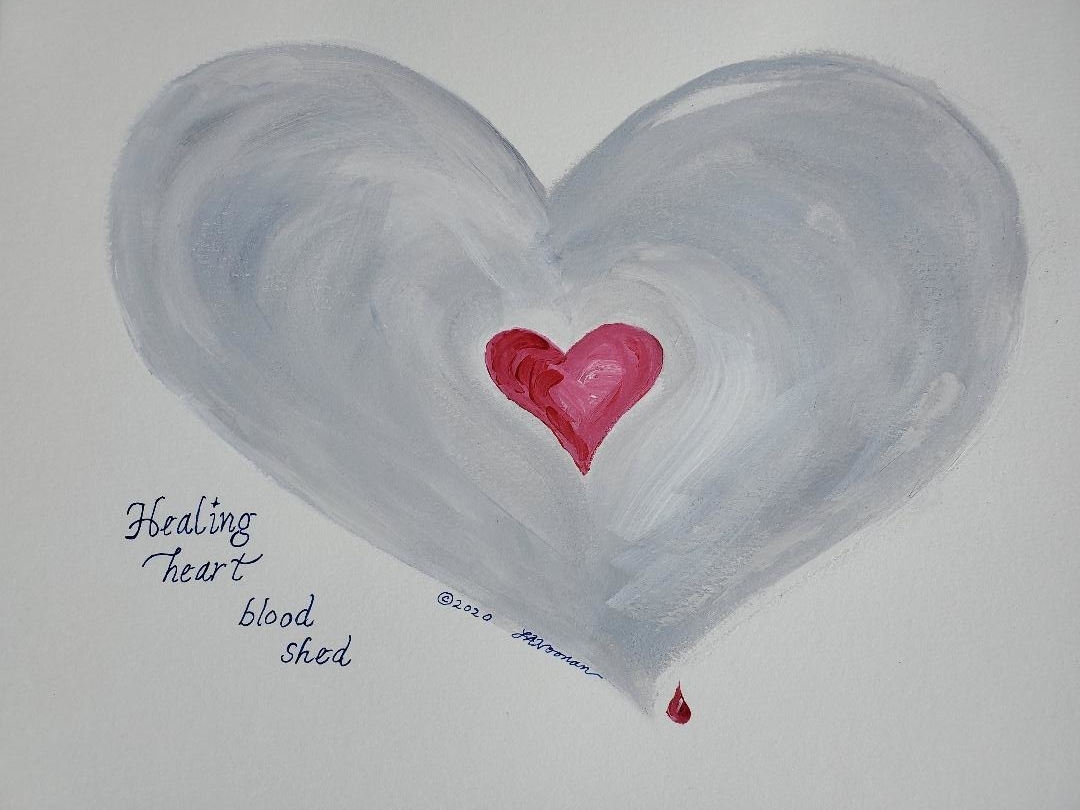

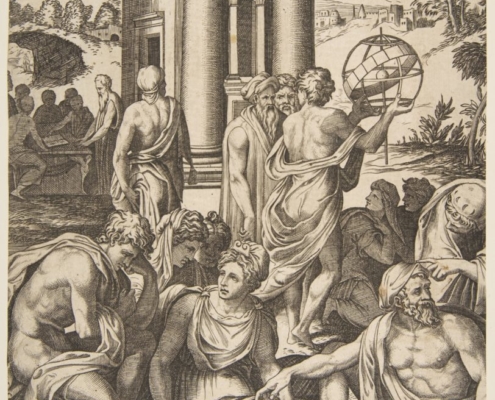 In Ancient Athens, considered the center of polis (think politics) and the birthplace of democracy, towns people would come together to create coalitions and build upon a shared sense of morals and high conduct. There was an emphasis placed on being a good citizen. Public discourse was encouraged and carried the day. History tells us that Ancient Athens eventually unraveled due to increasing corruption and resulting cynicism. So, what can we learn from Athens’ later societal crumbling and decline?
In Ancient Athens, considered the center of polis (think politics) and the birthplace of democracy, towns people would come together to create coalitions and build upon a shared sense of morals and high conduct. There was an emphasis placed on being a good citizen. Public discourse was encouraged and carried the day. History tells us that Ancient Athens eventually unraveled due to increasing corruption and resulting cynicism. So, what can we learn from Athens’ later societal crumbling and decline? For your consideration:
For your consideration: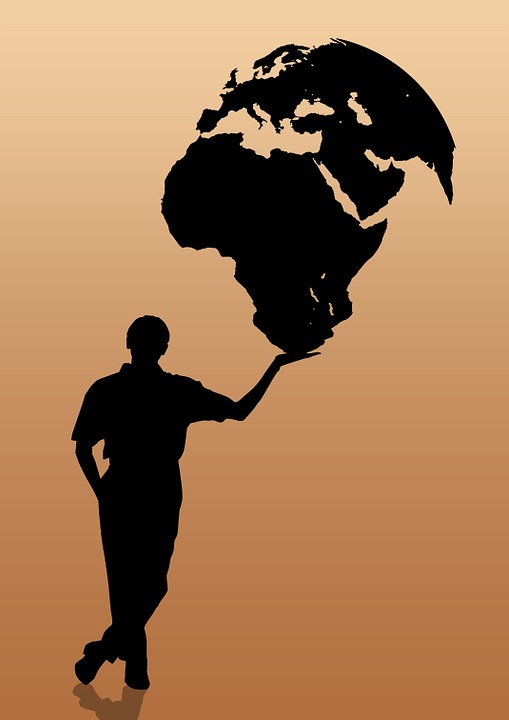
 All that pulling myself up by my own boot straps, however, did take its toll. It took me years of life living and deep spiritual growth to excavate and repair the broken threads of mistrust and to allow others to support me in healthy ways. It took me awhile to get out of survival mode and into thriving mode in a way that invited others in to help shoulder the load. Even now, sometimes the heaviness of ‘decision fatigue’ threatens to pull me down into the depths of metaphoric quick sand.
All that pulling myself up by my own boot straps, however, did take its toll. It took me years of life living and deep spiritual growth to excavate and repair the broken threads of mistrust and to allow others to support me in healthy ways. It took me awhile to get out of survival mode and into thriving mode in a way that invited others in to help shoulder the load. Even now, sometimes the heaviness of ‘decision fatigue’ threatens to pull me down into the depths of metaphoric quick sand.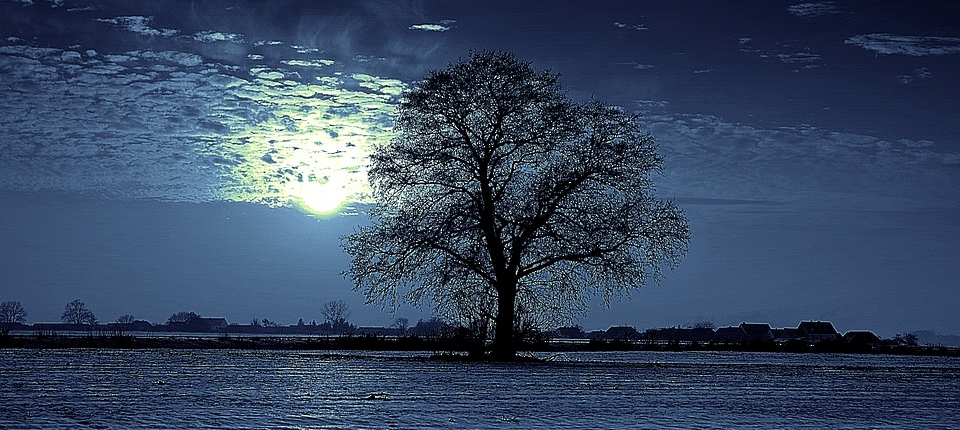
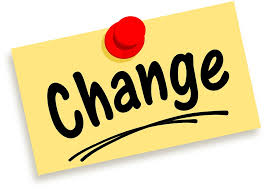

 For the most part, I look for examples of what I’d like to “see more of” in the world. By contrast, I suppose that in so doing, I’m also pointing out what I’d like to see “less of” in the world – and yet, why give extra mileage to those things, is my thinking? Haven’t those negative things already gained more than enough traction?
For the most part, I look for examples of what I’d like to “see more of” in the world. By contrast, I suppose that in so doing, I’m also pointing out what I’d like to see “less of” in the world – and yet, why give extra mileage to those things, is my thinking? Haven’t those negative things already gained more than enough traction?